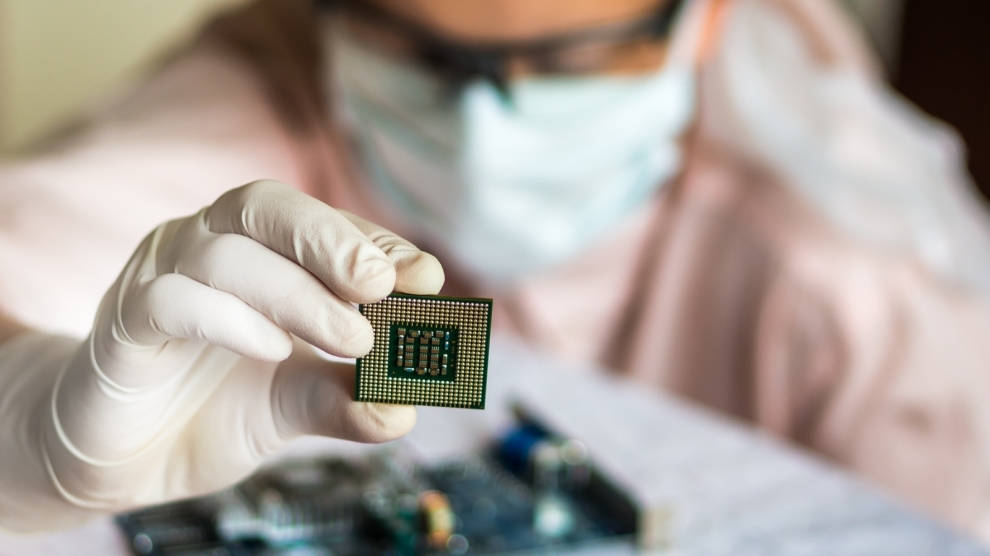The Armenian IT sector has been growing by 25 per cent per annum over the past several years, Prime Minister Karen Karapetyan said at the Digital Agenda in the Era of Globalisation Forum in Almaty, Kazakhstan, in early February.
“The current tendency looks really impressive and the government is ready to support and ensure this trend continues,” Vahan Martirosyan, minister of transport, communication and information technologies, tells Emerging Europe.
“We have great potential for growth, and now Armenia must work on specific boutique solutions — unique and dedicated, because the value is there. As a result our target should be to increase productivity and deliver pure value to customers, and this should be our doctrine for the next couple of years. It is not easy, considering that more than 70 per cent of IT value is generated by exporting services to global markets, which means that macro-economical factors are really important for the Armenian IT industry,” the minister says.
According to the Enterprise Incubator Foundation, the sector’s output increased five times between 2010 and 2016 and exceeded 510 million US dollars. At the same time, the number of companies in the sector grew threefold. The country, which has a population of 2.9 million, has 60 universities, of which 15 have strong IT departments. In the academic year 2014-15, almost 10,000 students were enrolled on informational and hi-tech degrees, which accounts for 11.71 per cent of total student population.
“We are part of the global society and global challenges affect us the same way as others,” the minister adds. “On average, each and every nation delivers about 6-8 per cent of technically minded people and we must work on making use of all this potential. We must make the quality of our education better than ever, because only educated people can foster ambitious plans and projects. We must use the power and potential of the Armenian diaspora, which can offer transnational support.”
“One main vector is already implemented — we have ARMAT robotics and engineering laboratories growing fast in secondary schools all over the country; we have microelectronics and telecommunications being studied in high schools and technical colleges; with the support of world leading ICT companies we created centres of excellence transforming 100 years of traditions at the Pyrotechnical University. We have computer science teaching in each and every school, but more there is still more to be done,” added Mr Martirosyan.
The minister views ICT as an industry and that all “industrial” instruments supporting the growth of exports are just as valid for ICT, with one added advantage: “it is “border-less,” he says. “This means that not only is cross-border cooperation much easier in the IT ecosystem, but because there are no limits and no stereotypes. As I mentioned before we must work on creating unique services to be introduced to the global market, services with high levels of added value. This is what we will use to facilitate the export of ICT products and services from Armenia.”

